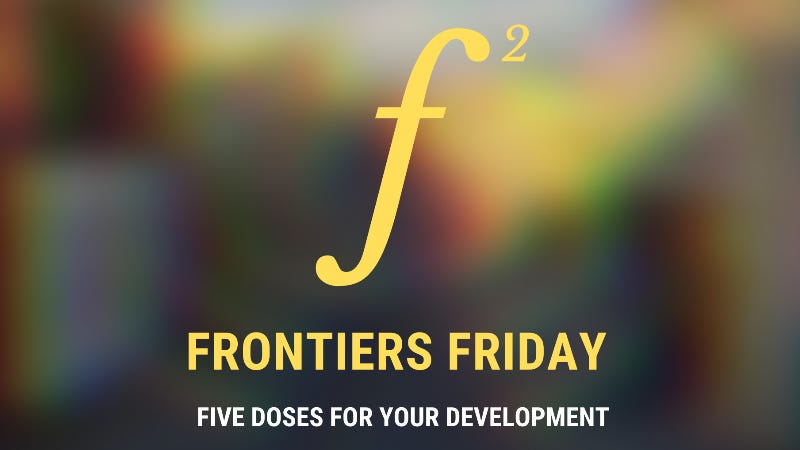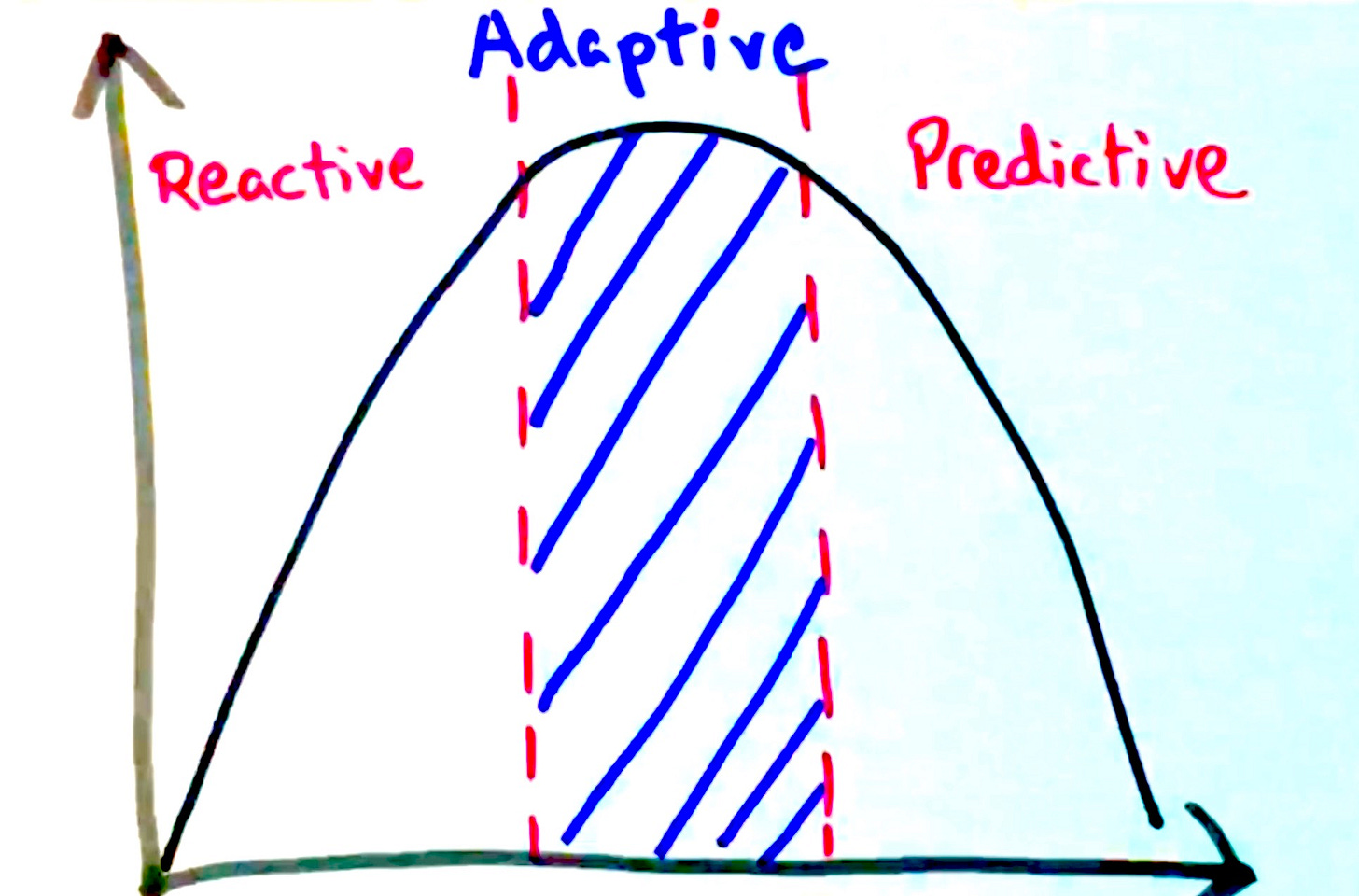Frontiers Friday #35. Feedback Informed Treatment (FIT; Part III)

Frontiers of Psychotherapist Development
Frontiers Friday #35. Feedback Informed Treatment (FIT; Part III)
The irony is not lost on me that I am someone who has a disdain for psychometric and assessment tools both as a psychologist as well as a student in my formal education years. And yet I now talk and teach about the beneficial use of measures to guide our clinical practice.
Since using measures in 2004 in therapy, I've thought long and hard about this, and I can't see a viable alternative. In a sea of complexity, the numbers derived in measures tell me an important language alongside client's qualitative descriptions. I can't simply defer decision making to quantitative numerics, but the combination of clinical data + clinical intuition helps me to make better clinical decisions.
In our Part III about FIT, we are going to visit some practical bits about the nuance of how to integrate the use of measures in meaningful ways.
And in case you missed it, here's FIT and from previous newsletters.
New From My Desk: Wait...Why Measure?
Short answer: to be adaptive.
Long answer: Watch this video.
From The Same Desk: How to Receive Feedback & How to Get Better at Eliciting Feedback
Research: The Power of Feedback John Hattie and Helen Timperley (2007)
One of my favorite "synthesiser" of the learning literature is John Hattie.
In this 2007 article with Helen Timperley, they examined the potency of feedback on the impact of learning.
Click on this link to see my highlights for this article.
One critical piece that we don't often make the distinction is the difference between performance feedback and learning feedback.
Key feedback framework proposed in this article:
i. Feed-Back
ii. Feed-Forward
iii. Feed-Up
(See also the book Visible Learning and the Science of How We Learn by John Hattie and Gregory Yates).
Tech Recommendations:
There are a bunch of FIT systems that helps you track outcomes. Here are the ones I recommend that are worth checking out.
i. myoutcomes.com (this is one that I use)
ii. fit-outcomes.com (many people I consult use this too)
iii. Open-Fit
iv. Pragmatic Tracker (I am also familiar with this as the hospital and group practice I previously worked in used this)
The first three uses the outcome rating scale and session rating scales as part of the PCOMS system. They all have a fancy predictive algorithm running in the background that gives you hints if your client is on-track or off-track of a successful outcome, session by session. While Pragmatic Trackers doesn't have this, PT is that allows you to use other outcome measures i.e., customisable.
Note: While I do use myoutcomes, I also have a manual "macro" spreadsheet to give me a bird's eye view of my case load, as well as paper graphs for each client. This is overkill to many, but I simply love the flexibility and less "friction" involved in the use of a spreadsheet. Plus, I use other measures at regular intervals... I still trying to find a sweet spot of balance with the use of tech to manage my work.
Words Worth Contemplating (according to my Mrs.):
"If there is anything unique about the human animal, it is that it has the ability to grow knowledge at an accelerating rate while being chronically incapable of learning from experience.”
~ John Gray, The Silence of Animals.

Reflection:
Technology has advanced tremendously in recent decades. It's there at the palm of our hands.
What does it take to deepen and evolve our conversations? How are we creating spaciousness, so as to listen to each other into speech?

DEEP LEARNER COURSE IS BACK!!
I've had several requests about this course about help therapists learn more deeply and translating inputs into practical clinical wisdom.
Deep Learner is now open for you to take a deep dive!!
I will take you behind the scenes and unveil the personalised learning system I've iterated and refined over the 15 years in order to extend your mind, and more importantly, translate what you've learned into use, such as in clinical related settings (therapy, supervision, training).
Based on 4 tenets to help you for the rest of your professional career, Deep Learner is specially designed to
1. Extend your mind by tapping into the powerful cutting edge science of how we learn best
2. Create a virtuous learning system that pushes you to your growth edge, and
3. Connect the dots and not just collect the dots.
BENEFITS:
1. The deep learner workshop arms you with depth for a sustaining development to become the best profession (and your best self),
2. Embrace a wide array of knowledge, and more importantly, use what you've learned to apply and help a larger percentage of people in your clinical practice.

What Deep Learner is Not?
1. It is not a bag of tricks;
2. It is not a theoretical online course;
3. It is not a pre-recorded lecture, and a poor substitute of face-to-face learning, and
4. It is not overwhelming Content with no Community and Connection.
BIG HUGS TO NEW SUBSCRIBERS WHO WANT TO BE AT THEIR FRONTIER!
If you've just joined us, I'm glad you can join us at the "bleeding edge." Feel free to check out the back catalogue of Frontiers of Psychotherapists Development (FPD).
And if you want to see past newsletters, click here.
In case you missed it, see the most recent missives
If you want more musings, my other blog is Full Circles: Reflections on Living



